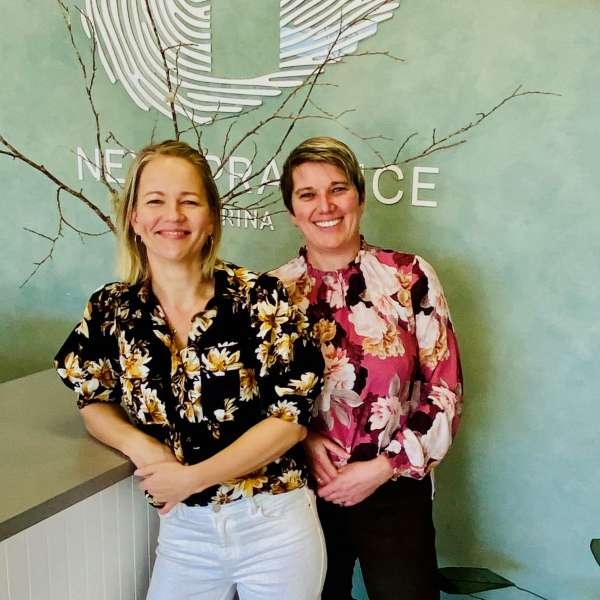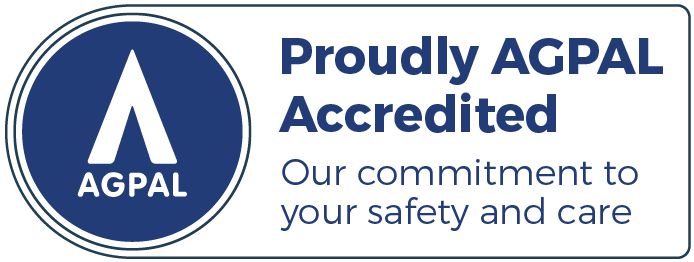
"What can therapy change for me anyway?"
By Ling Chan, Psychologist at Next Practice Erina
I can often tell when we need to have a conversation about change in the first few moments a new client walks through the door. There are many ways to say to your therapist ‘I don’t think anything about me or my life can be changed at all” and I’ve heard quite a few versions over the years. It ranges from outright skepticism - one person snorted bitterly “I’d like to see you try!”- to passive non believing - a young girl sat hunched over with her hair covering her face, so that I was talking to her hair for the first 4 sessions. Some clients are not so obvious in their skepticism about change, but I notice that they are reciting the same list of reasons for why change is impossible session after session.
The conversation I have with the change skeptics ( or ‘change deniers’ if you like) can take place over several sessions because there is a lot to talk about. There must be a good reason why this human being, with 86 billion brain cells with 100 trillion synaptic connections, that has evolved an enormous cortex for problem-solving and creative adaptation, capable of defying all natural enemies and building rockets to the moon, is feeling stuck. When I learn about the thwarted plans, cruel twists of fate, relentless persecution by uncaring others, string of heart breaking losses, and the systematic destruction of meaning in their lives from various combinations of all of the above, it all makes sense why starting therapy with a cheery talk about positive changes can be irritating.
People often say “I’ve lost my confidence.” when they mean “I no longer believe I have what it takes to make the changes I want to make.” They no longer see themselves as the person in control of their own destiny. Yet when I listen to the stories of thwarted efforts and cruel fates, I hear many examples of raw courage, astonishing persistence and a willingness to endure pain and disappointment. People really do not quit that easily, and they often overlook their own strengths and hero moments.
When people seek treatment for anxiety, depression, trauma, grief… it seems reasonable to assume that the final destination of change should look like a life no longer affected by anxiety, depression, trauma and grief. Before we start on this journey, the battle weary ones are often in need of a rekindling of hope first.
So we start by talking about how after all that has happened and all that they have been through, there is still strong reasons to believe that they can be effective agents in their own lives and architects of their own change. Then we can talk about what is it that they would like to change. Are we going for a small re-arrangement of priorities, or a total reconstruction of a life worth living? New destinations become possible once we believe we have the power to make that choice.


